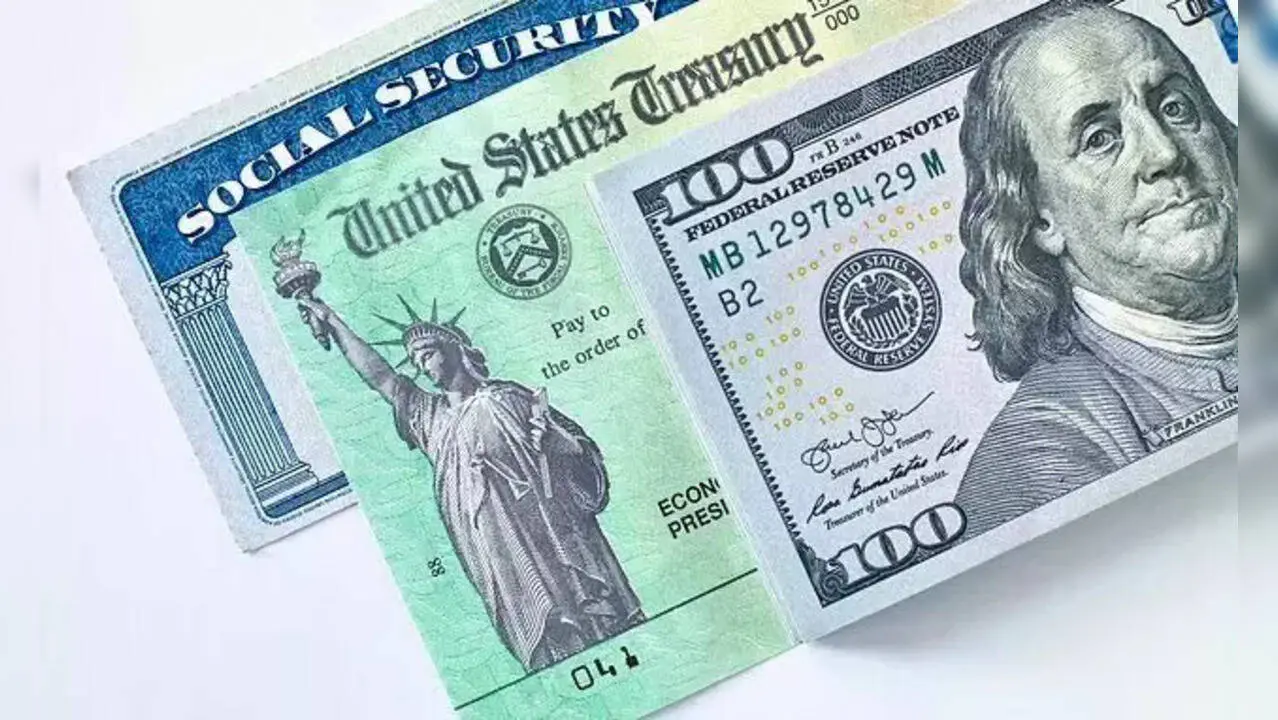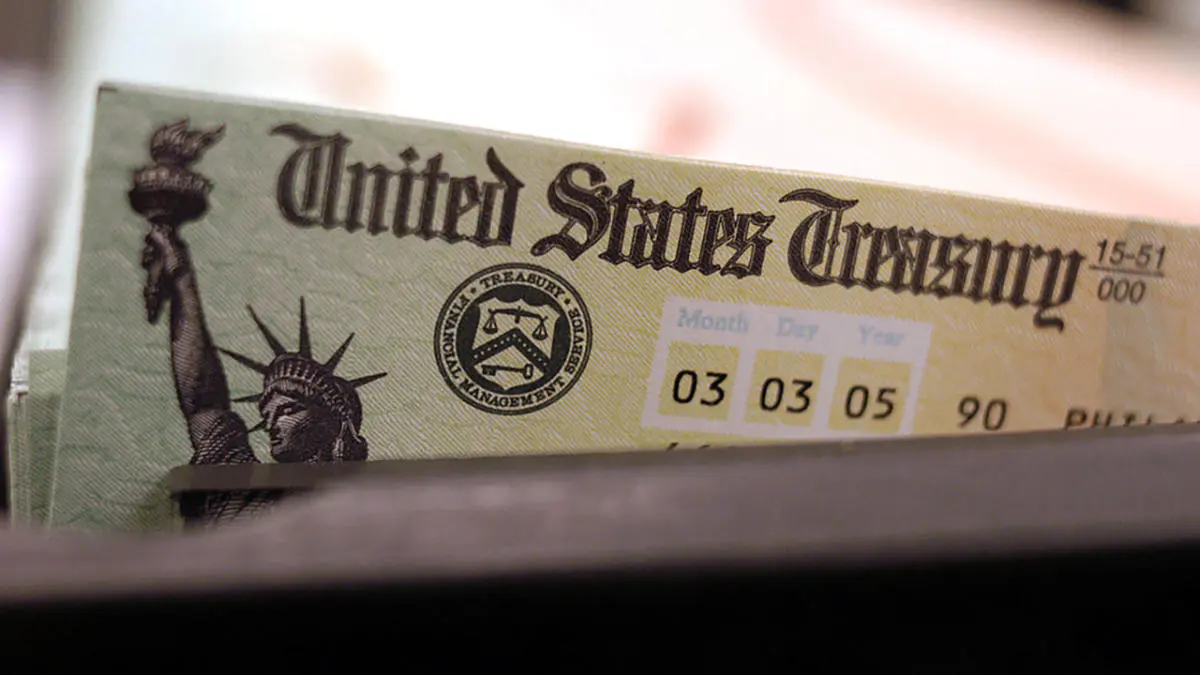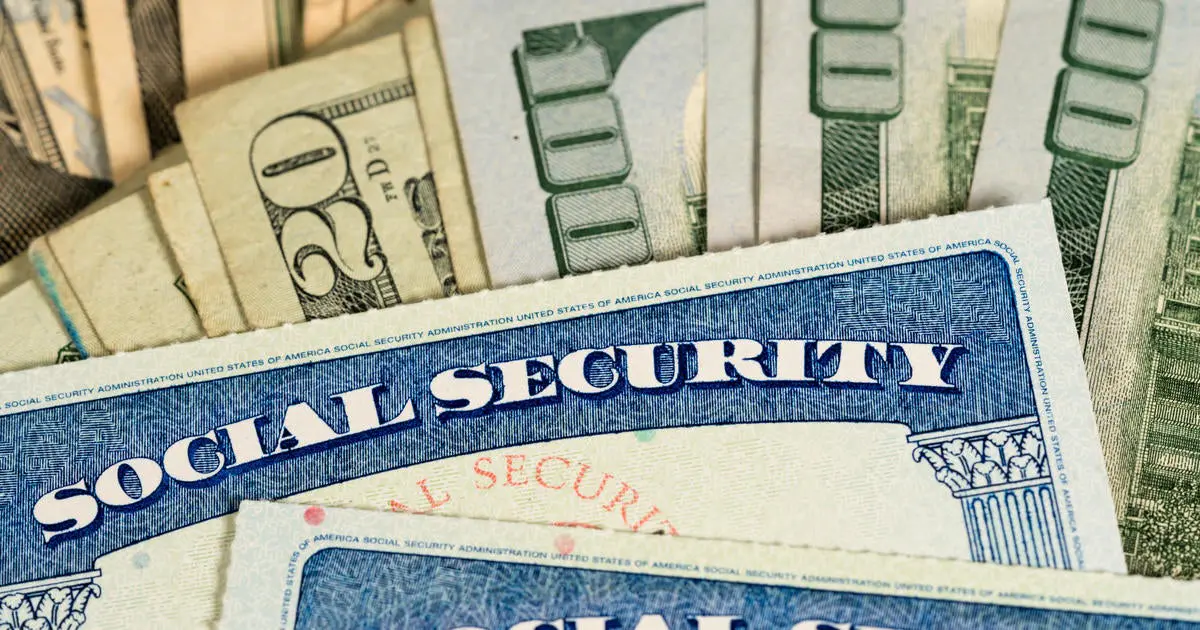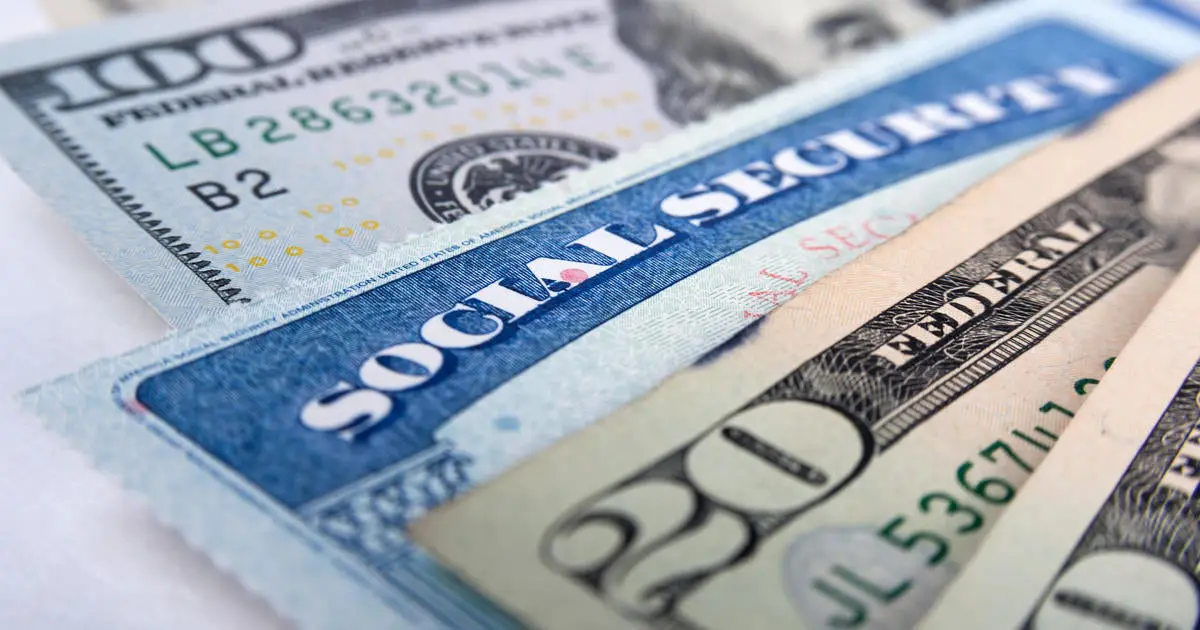Social Security Payment Schedule To Change From January 2025: What's New?

The payment timetable for Supplemental Security Income (SSI) and Social Security will undergo major changes by the close of 2024 and throughout 2025. These alterations impact countless Americans who depend on these benefits.
In general, SSI payments are distributed on the first day of every month. Due to New Year’s Day being a federal holiday, the payment for January 2025 will be moved to December 31, 2024.
Beneficiaries who receive both SSI and Social Security, or those who initiated Social Security prior to May 1997, will get SSI payments on January 1 and Social Security payments on January 3. This division seeks to guarantee prompt delivery during the holiday timetable.
SSI assists low-income older adults and persons with disabilities. In 2025, the highest monthly payment will increase to $967 for individuals and to $1,450 for couples.
SSI beneficiaries will experience another change in late January. As February 1, 2025, is a Saturday, the payment for January will be made on January 31. Likewise, payments for March will be received on February 28 since March 1 falls on a Saturday.
In May and August 2025, recipients will obtain two payments. The second payment in May is scheduled for June 1 since it is a Sunday. In August, a second payment occurs to compensate for the Labor Day holiday on September 1.
Two payments are set for October 2025, planned for October 1 and October 31. This modification considers November 1, which falls on a Sunday. Payments for December 2025 will not be impacted and will be received on the regular date of December 1.
Social Security benefits operate under a different framework. Recipients born from the 1st to the 10th of any month get their payments on the second Wednesday. Individuals born from the 11th to the 20th receive payment on the third Wednesday, whereas those born after the 20th are compensated on the fourth Wednesday.
In 2025, recipients will receive a cost-of-living adjustment (COLA) of 2.5%. This represents a decrease from 3.2% in 2024 and 8.7% in 2022. Traditionally, COLA has averaged 2.6% across two decades, ranging from no rise in 2008 and 2010 to a 14.3% surge in 1980.
The 8.7% change in 2022 represented the largest rise in many years. This increase came after the 5.9% adjustment in 2021, indicating inflation trends and changes in the economy.
Get Latest News Live on Times Now along with Breaking News and Top Headlines from US News, World and around the world.
Social Security January payment schedule: Here’s when beneficiaries will get their checks

WASHINGTON - As we enter a new year, so too comes another round of Social Security payments for beneficiaries.
The Social Security Administration sends regular monthly payments (SSA benefits), but the date varies – generally depending on the day you were born. Social Security retirement, disability, and survivor (RSDI) beneficiaries who filed claims after May 1, 1997, are assigned either the second, third, or fourth Wednesday of the month.
Those who receive Supplemental Security Income (SSI), which is monthly payments for people with disabilities and older adults who have little or no income or resources, get paid on the 1st of the month.
If the 1st falls on the weekend or holiday, then the payments are typically issued on the previous weekday. Those who received benefits before May 1997 also have a specific payment date.
Here are the dates beneficiaries can expect their monthly payments in January:
New Year's Day – Jan. 1 – is considered a holiday, so this month’s SSI payment will be dispersed on New Year's Eve, Dec. 31, according to the Social Security Administration.
Later in the month, February’s SSI payment will be given out on Jan. 31, because Feb. 1 falls on a Saturday.
Those who do not receive their electronic payment on the scheduled date should contact their bank or financial institution first, according to the Social Security Administration – which notes that it "may be experiencing a delay in posting your payment."
Those who still need to report a late, missing, or stolen Social Security payment should call the Social Security Administration at 1-800-772-1213 (TTY 1-800-325-0778) or contact their local Social Security office.
"We will review the case and if the payment is due, we will replace it," the administration says on its website.
The Source
This story was reported based on information from The Social Security Administration’s website, specific to SSI (Supplemental Security Income) Benefits and RSDI (Retirement, Survivors and Disability) – also referred to as SSA Benefits. The story was reported from Cincinnati.
html
What to know about Social Security's December and January 2025 payments

Most Social Security recipients receive one check each month, but a quirk of the calendar means some older Americans didn't get a check at the start of December. On top of that, some beneficiaries may see their annual cost-of-living adjustment kick in this month, earlier than the typical starting month of January.
While the Social Security Administration sets its annual payment schedule well in advance of the year, the payment dates could take some seniors by surprise this month, for both better and worse.
In the first case, people who receive Social Security's Supplemental Security Income, or SSI, got an extra payment in November because of the way the calendar falls in December.
Recipients of SSI, a program for disabled adults and low-income seniors, typically get their checks on the first of the month. But because December 1 fell on a Sunday this year, this group of beneficiaries received their December check on Friday, November 29.
In other words, SSI recipients received two checks in November, one for their November payment and the second for their December benefit.
But SSI recipients will still receive a payment in December, again because of how the calendar falls this year.
Since January 1 is a federal holiday, the January 2025 SSI payment will be sent to recipients on December 31, according to the Social Security Administration.
However, people who receive both Social Security and SSI will get their January 2025 payment on January 3, according to the agency's schedule.
In October, the Social Security Administration set its 2025 cost-of-living adjustment at 2.5%, the smallest annual COLA hike since 2021. The COLA is based on recent inflation rates, and because price hikes have cooled from their pandemic high, seniors are getting a smaller benefit increase for the next year.
The 2025 COLA on average will add about $50 to each monthly benefit check, with the average payment in 2025 rising to $1,976 per month.
For most Social Security recipients, the new COLA goes into effect with their January payment.
However, there is one exception: People getting their January SSI checks on December 31 will see the new COLA reflected in that payment, according to the Social Security Administration.
Other recipients will get their new 2025 COLA when they receive their January payments, which depends on either which benefits they receive or when their birthday falls.
Here's the schedule for when Social Security recipients will get their new 2025 COLA payments:
The Social Security Administration is mailing COLA notices throughout December, so you should receive a letter in the mail from the agency that will outline how your benefits will change with the cost-of-living increase.
Seniors and other Social Security recipients can also log into their personal my Social Security account — if those accounts were created before November 20 — to see their COLA notice starting in early December.
The Social Security Administration asks that people wait until January to contact them about their notices.
Another change is coming to Social Security in 2025, although it's one that impacts current workers.
The program's income cap — the threshold above which earnings aren't taxed for Social Security — will rise to $176,100 next year, up from $168,600 in the current calendar year.
In other words, any income above $176,100 won't incur the payroll tax for Social Security, which is 6.2% for workers and an additional 6.2% for employers.
Some lawmakers have sought to remove the income cap, arguing it places a greater tax burden on middle- and lower-income workers than the 6% of Americans who earn above the threshold. Removing the threshold would also help relieve the program's funding crunch, they argue.
So far, those efforts haven't gained traction in Congress.
Social Security payments are scheduled according to a recipient's birthdays. Here's when the first payment will land in 2025:
The payment schedule for all of 2025 is available here.
Some Social Security recipients will get an extra check in November. Here's what to know.

Social Security recipients typically receive one payment each month, but some older Americans could receive an additional check in November due to the way the calendar falls in the last two months of the year.
While the issue isn't new — the Social Security Administration sets its annual payment schedule well in advance of the year — it could take some seniors by surprise next month if they weren't aware of the unusual schedule.
People who could receive an extra check in November are those who receive Social Security's Supplemental Security Income, or SSI, a program for disabled adults and low-income seniors. Some of those SSI recipients also receive monthly Social Security benefits, the traditional retirement income that is available to people once they turn 62.
The SSI recipients will get an extra payment next month — and some may receive as many as three payments in November.
Here's how that will work:
In other words, people who get SSI will receive two payments in November — on November 1 and November 29. If they also receive Social Security, they'll also get that check on November 1, rather than November 3.
Meanwhile, all other Social Security recipients will receive their payments according to the regular schedule, which provides benefits on the second, third or fourth Wednesday of the month, depending on a recipient's birth date.
The November dates for Social Security retirement payments are as follows:
Meanwhile, Social Security recipients will get a 2.5% cost-of-living adjustment with their 2025 payments, the agency announced last week.
The typical beneficiary will see their monthly check increase by about $50, rising to to $1,976 per month.
That higher payment will kick in with their January benefits:
Meanwhile, people who started collecting Social Security before May 1997 or who receive both Social Security and SSI will get their new Social Security COLA on January 3.
People receiving SSI will get their new 2025 COLA with their Dec. 31, 2024, payment.
